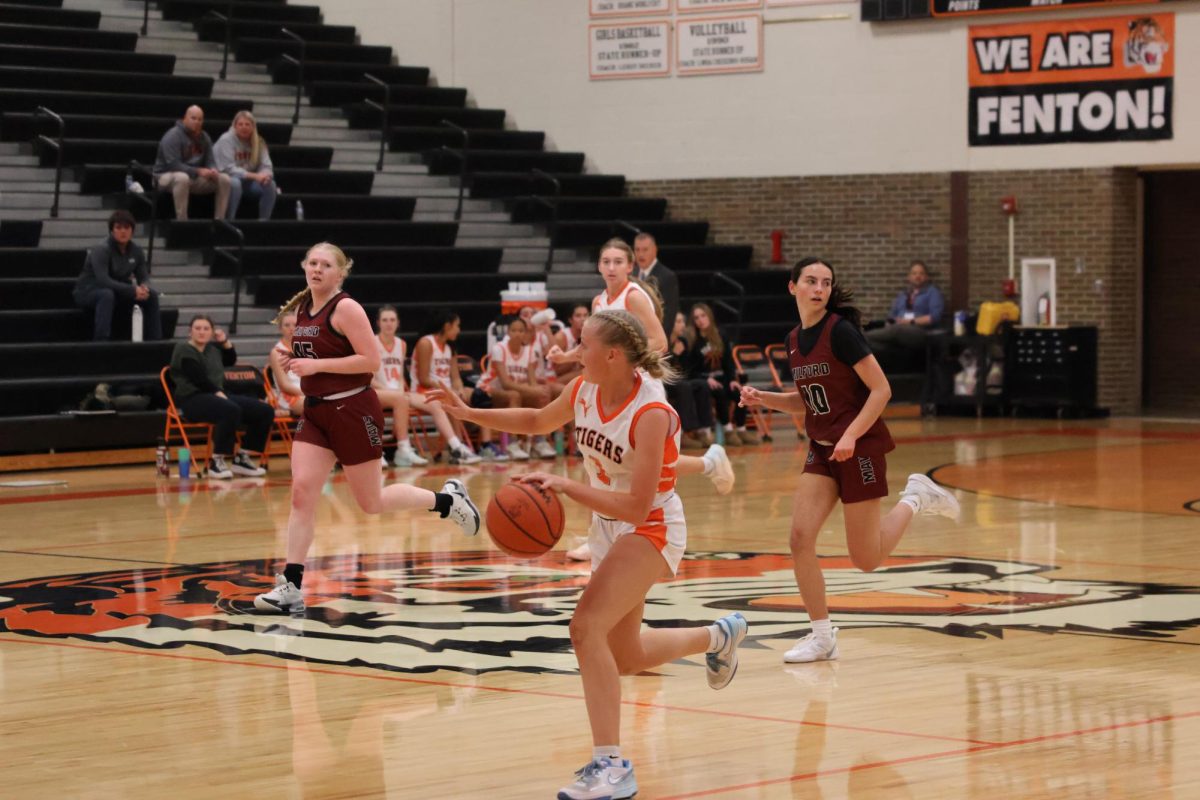The use of illegal substances may have negative effects on an athlete’s future
February 14, 2019
Running down the field, the athlete’s muscles burned. Usually, he could have completed this run 10 times over before he started to slow down. But after a night of drinking, vaping and smoking, his muscles refused to keep up with his body. He was dehydrated, and his muscles screamed in protest every time he moved.
“There’s no easy way to be a good athlete,” athletic trainer Mitch Smelis said. “You might be gifted physically, but you still have to work hard. You have to make smart food choices and nutritional habits. Practice, work and consistency. If you have a dependency and your mind is elsewhere, then you’re not focusing on the task at hand and it’s not a smart choice. It’s a distraction.”
Each time an athlete decides to participate in something like this, they put their future in athletics in jeopardy. Not only is it frowned upon by the community, but also by the people who decide if an athlete deserves that future.
“If you’re a part of athletics, you’re a part of a team,” Athletic Trainer Mitch Smelis said. “You’re a part of something bigger. Coaches might see you made selfish choices and won’t take that risk. I think it’s all about making good health choices and making sacrifices. When you’re playing athletics, you’re kind of a role model to those younger kids who watch you. You’re not just playing for yourself, you represent Fenton as a whole when you’re out on the field.”
Athletes are subject to both the athletic code and the student handbook punishments when they decide to make illegal choices. From an athletic perspective, these consequences can range from a two week suspension to a ban from participating in anything, forever.
“There are three levels of offenses,” Athletic Director Michael Bakker said. “First offense is that you’re suspended from competing for two weeks and you have to go to some sort of rehab/evaluation. If you choose not to go, you’re done for the season. Second offense, you’re done for a whole year. Most of our coaches won’t even let you practice with them, but you’re not allowed to compete at all. Third offense, you’re done for the rest of your high school career. That’s it.”
Not only do harmful substances have an effect on athletes’ chances to play for their team, they also directly affect their performance and skyrocket their chances of injuring themselves or other players when under the influence.
“Alcohol – as well as other drugs – suppresses the development of your brain,” Bakker said. “The other thing, especially with alcohol, it dehydrates you. When you get a headache, it’s usually because you’re dehydrated. Drinking alcohol dehydrates you more. It can make you urinate more, too, because the way it goes through your body quickly. More urination equals less hydration. Now we have even larger amounts of dehydration.”
Dehydration not only causes headaches, it can also directly harm a person’s muscles and cause multiple hardship when trying to use those muscles.
“Our muscles don’t fire properly and correctly when we are under the influence of alcohol,” Bakker said. “In the end, you’re not thinking clearly, you’re dehydrated, your muscles don’t have the ability to grow or recover properly, your reactionary times are often slower, you’re typically dealing with headaches. You can’t perform, in practice or contest at your peak level.”
When athletes make the decision to participate in these illegal activities, not only are they putting themselves at danger, but it can also have a huge impact on the team they are a part of.









